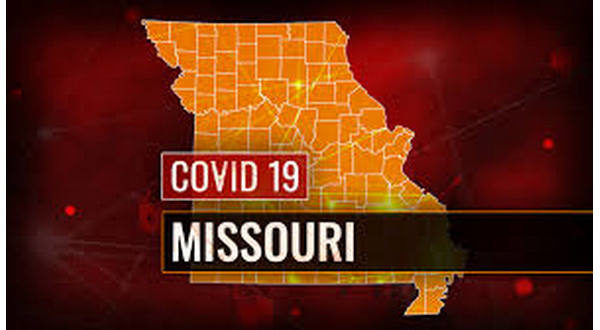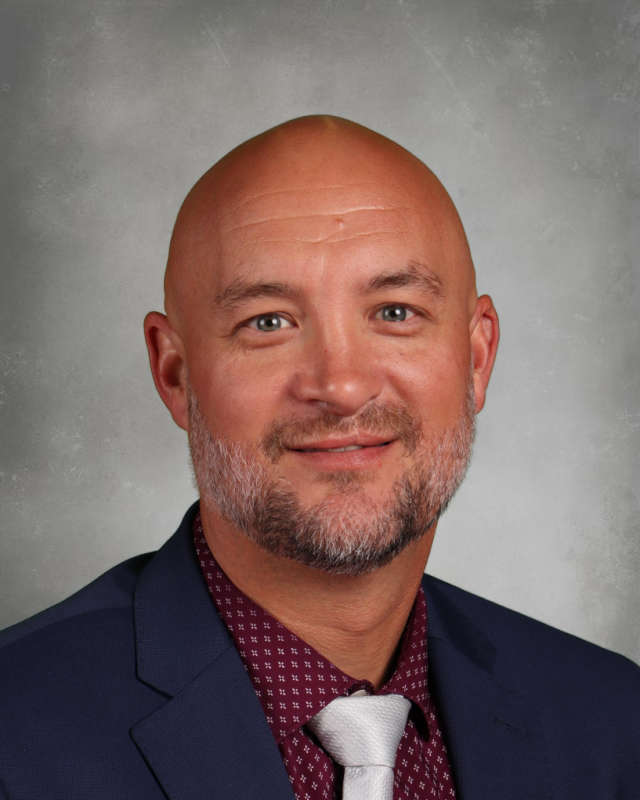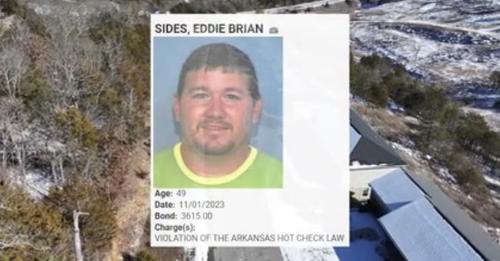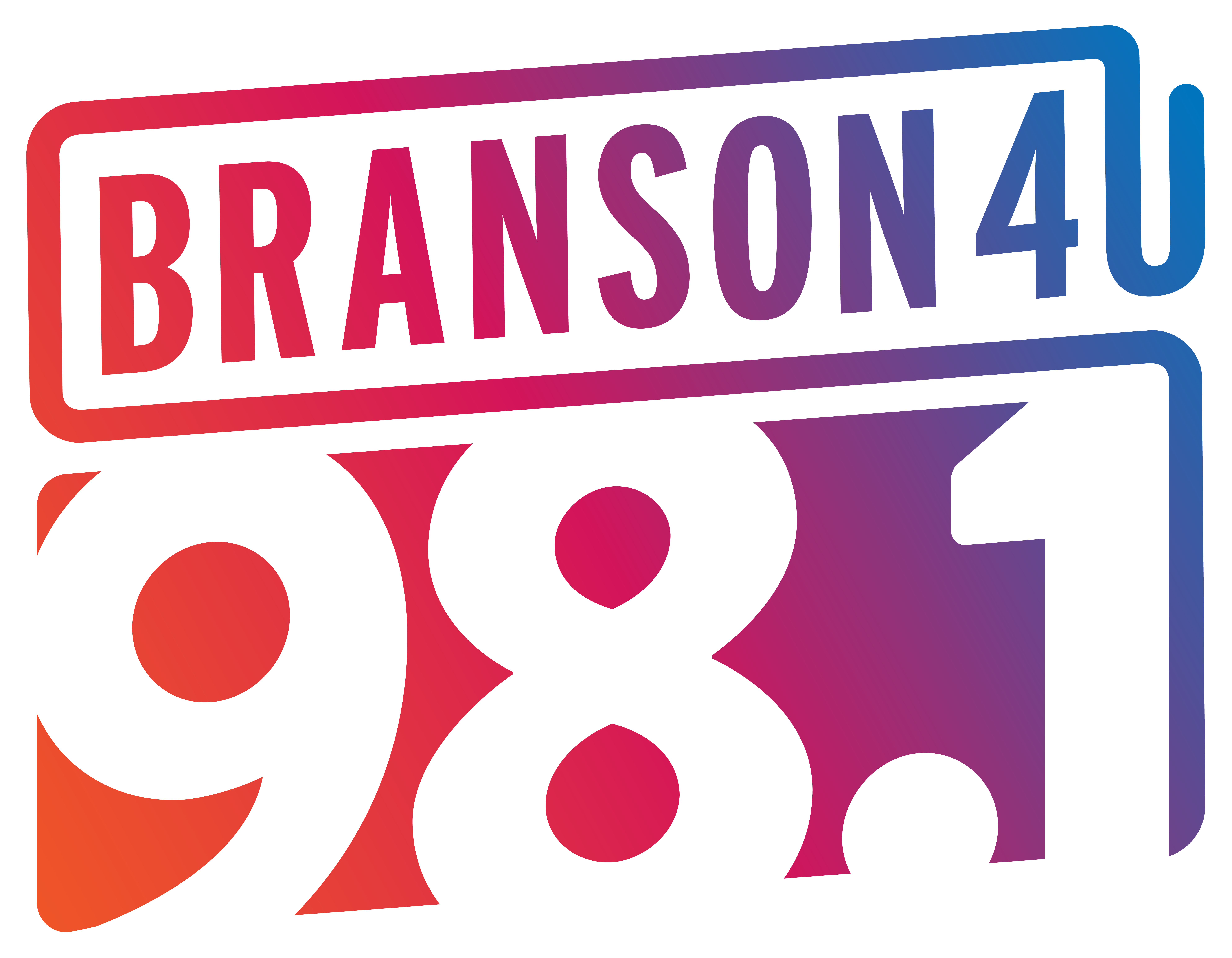
Health officials in Springfield and Joplin are seeing an increase in COVID-19 cases and hospitalizations amid relatively low vaccination rates and more people gathering for social events without masks or social distancing.
CoxHealth’s flagship hospital in Springfield had between 35 and 40 COVID-19 patients, which was more than double the number two weeks ago, CEO Steve Edwards said Thursday.
And nearly 20% of patients tested at CoxHealth facilities in southwestern Missouri are testing positive for COVID-19, which was up from just 5% two weeks ago, The St. Louis Post-Dispatch reported.
Three hospitals in Joplin, about 70 miles west of Springfield, reported a total of 39 COVID-19 patients on Wednesday. That figure hovered around 15 in early May, The Joplin Globe reported.
The increases come as two counties in northern Missouri – neighboring Linn and Livingston – reported big increases in COVID-19 cases. The Missouri Department of Health and Senior Services on Wednesday showed Livingston County with 348 cases per 100,000 residents over for the seven-day period ending Sunday, and Linn County with 243 cases per 100,000. The statewide average for the period was 27 cases.
Joplin straddles Jasper and Newton counties, which have relatively low vaccination rates. About 38% of Joplin residents have completed vaccinations but only 19% of Jasper County residents and 16% of Newton County residents have been vaccinated, according to state data.
In Greene County, 31% of the population has completed vaccination, state data shows, compared to 35% statewide.
Edwards, of CoxHealth, said more people have been gathering for events such as graduations and fewer people are wearing masks or social distancing.
“There are a lot of people that have chosen not to be vaccinated in our market, and they are that much more vulnerable,” Edwards said.
Many patients are from neighboring Taney County – where 23% have completed vaccination, he said.
He said nurses tell him patients say they did not think COVID-19 was real, and that they wish they had been vaccinated.
“Then there’s a percentage of people who say, ‘Well, I’m living my life and I don’t regret it,’ and there’s the occasional person that still believes they don’t even have COVID,” Edwards said.
(From: KTLO/Associated Press)






 Hollister School Foundation Benefits from Donations
Hollister School Foundation Benefits from Donations
 Chef Wyatt Foley Offers TikTok Content and a Subscription
Chef Wyatt Foley Offers TikTok Content and a Subscription
 Branson Public Schools Announces New Director of Technology
Branson Public Schools Announces New Director of Technology
 Rain Washes Away Drought in Lakes Region
Rain Washes Away Drought in Lakes Region
 Sides Misses Scheduled Trial Date
Sides Misses Scheduled Trial Date




